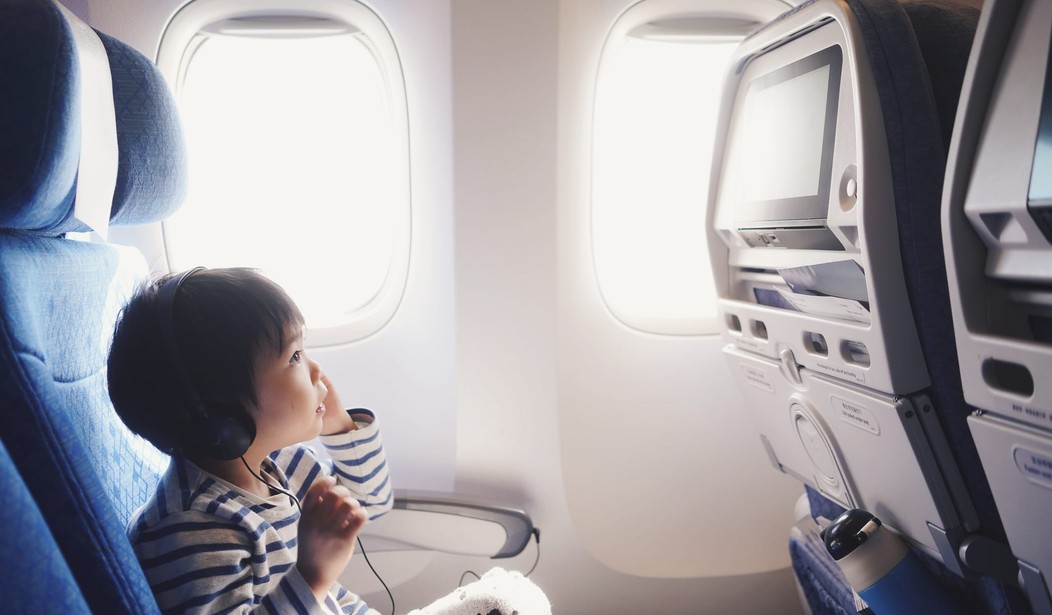One of the most frustrating things about family air travel is the surcharge airlines are now levying against passengers for getting seat assignments when making reservations. Travelers are faced with paying a premium, often $30-$60 per flight, when buying their tickets. The alternative is waiting until just before flight time and taking a chance that they can all sit together. This family unfriendly “separation algorithm” plays upon the concerns parents have that their kids may sit next to strangers—and out of their view—unless they pay extra. It’s a nasty extra fee airlines are adding and customers don’t like it.
USA Today, in an article titled “Skyrocketing seat selection fees enrage flyers, enrich airlines,” reported:
United CEO Oscar Munoz defended seat fees on a conference call with reporters in mid-December. He dismissed the suggestion that airlines risk alienating customers with more “nickel and diming” for things like seats closer to the front of the plane, and noted that “everyone” is doing it.
Munoz said preferred seat fees are simply part of the industry’s move toward cabin “segmentation,” carving up each plane’s real estate to offer different things to different travelers. It’s all about customer choice, he said.
When your three-year-old starts screaming for her mother, explain customer segmentation to her!
The cost to families is especially egregious. A family of four could end up paying an extra $500 just for early seat assignments.
When families travel, their goal is to do things together, as confirmed by a NYU survey, which found that parents’ main priorities when taking a family vacation are:
- To visit new places and explore together (49%)
- To relax and unwind together (42%)
- To be active and outdoors together (6%)
Everything is about being together. Yet the first thing they encounter is the airline keeping them apart.
While the FAA has done little, the UK’s Civil Aviation Authority (CAA) has been investigating this practice and has found that some airlines were purposely separating families that did not pay for advance seating.
CAA researchers found that:
- Just over half of respondents reported that their airline informed them before they booked their flight that they would need to pay to ensure their group could sit together
- Ten percent of respondents said that they had been informed after they booked; a further ten per cent said that they were never made aware by their airline that they may need to pay more to guarantee sitting together
- Although the vast majority of respondents were aware that they might not be able to sit together even if they booked as a group, almost half believed that their airline would automatically allocate them seats together
- However, two in five respondents thought that their airline would not automatically sit them together
- Around half of all passengers who sat together did not have to pay an additional charge to do so. However, seven per cent of respondents that ended up sitting together said that they had to change seats either at check-in or on-board to avoid being sat apart
- Of the group of respondents that paid extra to sit together, six in ten reported that they did so because of the risk that their airline might split their group up
- Almost half of respondents (46%) felt negatively towards the airline when they realised they would have to pay more to guarantee sitting together
According to the advocacy website Elliott.org, no one knows how many families get separated on flights. No one even knows for certain how much money the U.S. airline industry makes from seat reservation fees, since the government doesn’t require them to report those figures.
Three years ago Congress passed a law requiring families with children to be allowed to sit together without incurring surcharges. But according to Elliott.org, “The Transportation Department hasn’t written the required regulation and seems unlikely to do so anytime soon. Airlines claim they seat families together whenever possible, but they’re also motivated by the fees they collect through reserved seating.”
So what can you do? Check in for your flight exactly 24 hours in advance to have the best chance for getting seats together. If that fails, speak to the gate agent and insist you want to have your seats close together. Your last resort is to ask the flight attendant to ask others to switch. Also, consider using an airline that doesn’t pre-assign seats, such as Southwest.
Most family vacations are filled with last-minute stressful activities. Having to worry about sitting together is just another annoyance adding to the stress from airlines that care little about customer satisfaction.









Join the conversation as a VIP Member